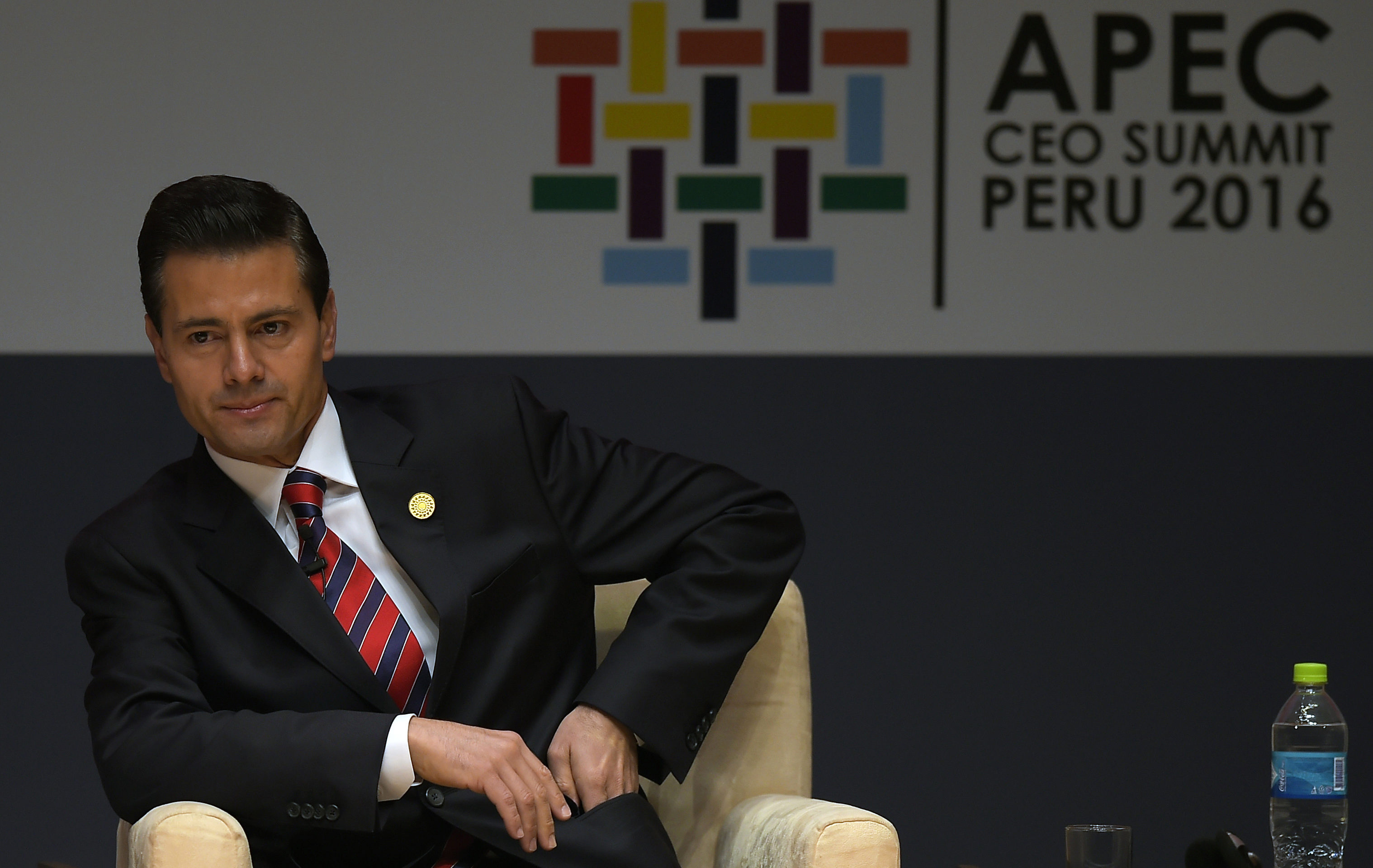Is Public Opinion Turning Against Tariffs?
More Americans prefer that the government help them succeed in accessing overseas markets rather than block foreign competitors from the U.S. market.
Since his election in 2016, President Trump has made tariffs a cornerstone of his economic policies, promising that they would, among other things, revive moribund U.S. industries such as steel and aluminum manufacturing. But with the exception of the president’s base supporters, Americans are less convinced of tariffs’ effectiveness. New public opinion research shows that the majority of Americans worry the tariffs will do more harm than good for the economy.
A pre-election poll by Expedition Strategies commissioned by the Progressive Policy Institute shows a deep partisan divide over tariffs. When asked whether tariffs are a “good idea that will eventually be a benefit to the country” or a “bad idea that will do more harm than good,” 76 percent of Democrats say tariffs are a bad idea, whereas a nearly equal share of Republicans (78 percent) say they are good. Overall, 53 percent of the more than 1,000 voters in this poll say that tariffs are a bad idea. Independents – who also helped deliver the presidency to Trump in 2016 – are more in line with this mixed result, with 56 percent coming down against tariffs versus 44 percent in support.
Americans are realists when it comes to trade and the nation’s place in the global economy. For example, just 19 percent of Americans – including 24 percent of Republicans – support the idea of helping U.S. companies by “working to block foreign competitors from selling in the United States” (presumably one potential reason for imposing tariffs on foreign goods). Instead, 59 percent of voters in the PPI-Expedition Strategies poll would rather see government “working to make it easier for American companies to sell their products abroad.” In other words, voters support the intended outcomes of trade agreements, even as specific agreements become lightning rods for opposition.
Another indication of soft support for protectionism is Americans’ attitudes toward coping with globalization. In the PPI-Expedition Strategies poll, a whopping 81 percent of voters, including 76 percent of Republicans, said that government policies should “help Americans succeed in a time of change,” such as by providing greater opportunities for training and education, rather than “cushion the impact of economic change” with policies aimed at guaranteeing jobs or income. Though this question is not directly about tariffs, voters’ responses imply that they are skeptical of efforts to “bring back” jobs or turn back the clock on globalization.
The findings in this survey suggest that public opinion on tariffs should be seen more as a barometer of the president’s popularity or as a symptom of political hyper-partisanship rather than as a true indicator of Americans’ sentiments toward trade or participation in the global economy. If that’s so, the longer the tariffs stay on, political support will continue to wane.
Anne Kim is a contributing editor to Washington Monthly and the author of Abandoned: America’s Lost Youth and the Crisis of Disconnection, forthcoming in 2020 from the New Press. Her writings on economic opportunity, social policy, and higher education have appeared in numerous national outlets, including the Washington Monthly, the Washington Post, Governing and Atlantic.com, among others. She is a veteran of the think tanks the Progressive Policy Institute and Third Way as well as of Capitol Hill, where she worked for Rep. Jim Cooper (D-TN). Anne has a law degree from Duke University and a bachelor’s in journalism from the University of Missouri-Columbia.






